Recently at the 5th Annual Tibetan Medicine Symposium at Stanford University, many presenters discussed the preservation of indigenous medicines worldwide and equity in the distribution of biomedical, herbal, and traditional care to displaced tribal nations locally. In large lectures as well as in small breakout sessions, we talked about the future of traditional medicine and its integration with biomedicine. It is a subject matter widely discussed in the Chinese medicine community in the United States as well: how do we bring ancient traditions forward in a way that is relevant to the modern patient?
Indigenous medicine traditions, just like modern biomedicine, as well as world medicines like Chinese, Ayurveda, and Tibetan Medicine—all each have their unique relevance in our times. Patients deserve options. My observation is that these valid views on health are being destroyed in turf-battles between medical fields in the name of “integration.”
Once on trend, “integration” in medical care is a concept that is becoming outdated—even as it has become more and more ubiquitous. What we really need is collaboration and mutual respect. Rather than asking biomedical doctors to use more herbs or acupuncturists to read ever more and more labs, we need all practitioners to gain mutual respect for each other and work together to provide the best opportunities to each patient who needs them.
Obviously, some crossover between fields is helpful, but the point that needs to be pushed for our times is that respect means inter-referral. Respect means that doctors from all traditions—biomedical, Chinese, Tibetan, Ayurvedic—should increase confidence in their own field by becoming excellent in it.
I call out to my fellow medical care providers and complementary caregivers of all types: perfect your thing and be excellent! Recognize the skills of overlapping fields and support them! Collaboration is the most important gift we can give our world right now in every field. Medicine is no different. Success means working together.
For instance, mission trips to support disaster relief or foreign aid should include the rehabilitation of local practitioners, too. This supports chronic medical management for the people best and is a great companion to bringing in biomedical, emergent, or complementary care.
What can we do?
#1: Check out whose land you are on right now. Use Native Land to find out. Support that culture. Let’s examine our assumptions around land, self, and healing—these are intricately connected to healing. (Btw, Ritual Health working to support the native population by offering it discounted acupuncture and herbal care right now.)
#2: Health care practitioners: Be responsible for cultivating your practice in your field at the highest level of excellence and then when you have, pass that on to the next generation. Whether you practice modern biomedicine or traditional medicine, maintain the core values that brought you to your field to begin with.
Traditional medicine docs: do your part to keep your tradition vital and avoid compromising your whole field by dabbling badly in others! Know when to refer.
Biomeds: cultivate respect for traditional medicines. There are multiple ways to validate efficacy of a medical practice. If research data doesn’t exist yet on a subject, it doesn’t mean that it is ineffective! Your patients deserve all options in their personal healthcare path.


